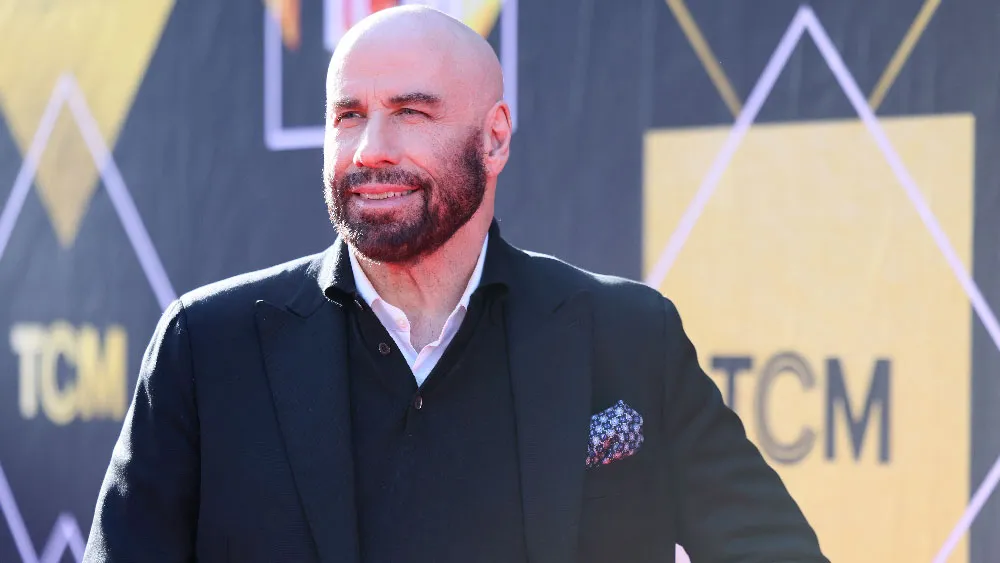February 15, 2014
Ind. Gay Marriage Fight Delayed, Not Over
Jason St. Amand READ TIME: 4 MIN.
The Indiana Senate's decision to advance a proposed ban on gay marriage without also blocking civil unions has reset the clock on the issue getting to voters, setting the stage for continuing fights for at least two years.
Opponents won a surprising victory Thursday when the Senate refused to restore a ban on civil unions that had been stripped by the House. In Indiana, a proposed constitutional amendment must twice be approved by the Legislature - unchanged and in consecutive biennial legislative sessions - before making the ballot.
That means the proposed ban, which sailed through the GOP-controlled Legislature during the 2011-2012 session, won't make the November ballot. The soonest it could go before voters is now 2016.
But supporters vowed to continue fighting. Micah Clark, executive director of the American Family Association of Indiana, said: "We will be back next year, pushing to take this issue to the people of Indiana."
Senate Minority Leader Tim Lanane said Senate Democrats also will do everything they can to keep the issue off the table.
"This is not something future Hoosiers say is a good idea," said Lanane, a Democrat from Anderson. "It's not good for the future of Indiana, and it's not good for the future of the nation."
Senate President Pro Tem David Long said he was ready to continue the debate in 2015 and 2016, but the Republican expected the courts to be the final arbiter.
"In reality, I think the issue is going to be before the United States Supreme Court - as I've said before - and it's either going to be a state's rights issue, and each state decides for itself, or it's going to be decided by the Supreme Court that it's a violation of the 14th Amendment," Long said.
"One way or another, they're going to have the final say in this, because the U.S. Constitution trumps a state constitution."
A federal court ruling this week that ordered Kentucky to recognize same-sex marriages performed in other states was weighed in private discussions among Senate Republicans, and Long said he could sense momentum building for a high court ruling.
Indiana's gay marriage fight also was playing out as federal courts in Oklahoma and Utah overturned constitutional bans and New Mexico's high court overturned that state's ban.
The Indiana House last month stripped from the proposal the so-called "second sentence," which sought to ban civil unions. On Thursday, in a parliamentary move that spared state senators a tough vote, the Senate advanced the measure without restoring the language, meaning the effort to amend the Indiana Constitution must start fresh.
Even if Indiana's marriage ban clears the Senate on a final vote Monday, it would have to be debated again in the next biennial session, 2015-2016, before it could appear before voters.
The Senate's decision caps a sharp turnabout in Indiana, where just three years ago the constitutional ban passed the General Assembly with overwhelming majorities. But national attitudes on gay marriage have shifted sharply since then, and ban opponents were able to build a strong coalition that lobbied Indiana lawmakers heavily - privately and in public.
Indiana's gay marriage fight also opened a rift among Republicans in the solidly conservative state. Pro-business conservatives, including many who had worked closely with former Gov. Mitch Daniels, largely lined up against the marriage ban. Social conservatives, mostly aligned with Republican Gov. Mike Pence, fought hard to shepherd the ban to the 2014 ballot.
Some of the Republican Party's strongest fundraisers, including former George W. Bush's economic adviser Al Hubbard and former Indiana Republican Party Chairman Jim Kittle, opened their wallets for Freedom Indiana, the umbrella organization opposing the gay marriage ban.
"Six months ago, if you'd said lawmakers would refuse to put this issue on the ballot in 2014 by stripping out the deeply flawed second sentence, I'd have said there's no way," said Megan Robertson, Freedom Indiana campaign manager and a veteran Indiana Republican operative.
Supporters expressed anger with Senate Republicans following Thursday's action. Kellie Fiedorek, a lawyer with Alliance Defending Freedom, said residents would likely be angry with lawmakers for depriving them a chance to vote on the marriage ban.
"I think there are a lot of folks who are very upset with how their representatives have acted and how they basically betrayed them and went back on promises to vote for marriage and give them the opportunity to vote this year," Fiedorek said.
The author of a proposal that would have restored the civil unions ban bemoaned the fact that he could not find enough support among Republicans. Sen. Mike Delph, R-Carmel, wrote on Twitter that the "second sentence is officially dead" for the year.
When the constitutional ban came up for consideration Thursday, Lt. Gov. Sue Ellspermann - who presides over the Senate - asked lawmakers if they had any amendments. The Senate chamber was silent, as were hundreds of activists just outside the chamber who had been chanting and singing just minutes earlier.
Ellspermann then acknowledged she'd heard no amendments to the measure, and declared it ready for a final vote. Thursday was the last day lawmakers could have altered the measure and put it back on track for the November ballot.
Delph later said he did not seek a vote on restoring the "second sentence" language because he knew it would fail.
Supporters of the ban say it is needed to prevent courts from overturning Indiana's law that defines marriage as between a man and a woman. But they struggled to find their footing after House lawmakers stripped the civil unions language.
Pence lobbied for a November vote on the ban in his State of the State address and at a rally of ban supporters, but he later said he was removing himself from the legislative debate.


